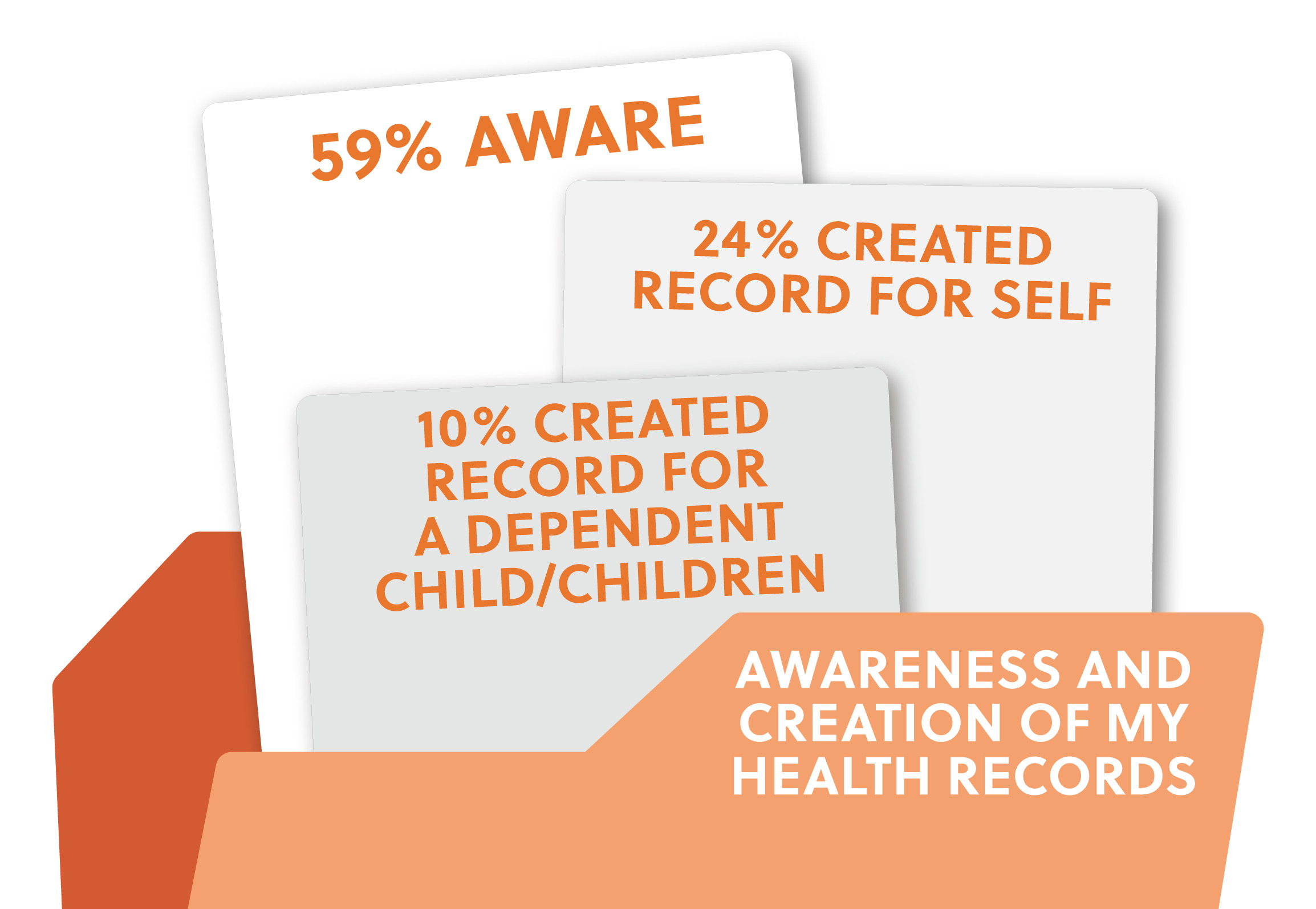Friday 1 September 2017
In an era of big data, the opportunity to harness the masses of information, including personal health records, through better collection, linkage and access, has the potential to transform our health systems and the way we deliver healthcare.
The more a doctor who is treating you knows about your medical history (and the quicker that history can be accessed) the better chance you have of it saving your life. If you are in an accident, unconscious and seriously hurt, then you really want those taking care of you to be able to access all your information about allergies, illnesses and medical history. It could make the difference between life and death.
You might assume doctors in various parts of the health system can already access your information, when the reality is that in most cases they cannot.The Australian health system is fragmented and information is not easily shared between the various GPs, medical specialists, private clinics and hospitals you visit over a lifetime. This means the data a medical professional looks at might not be complete or you may have to recall your own history repeatedly. This can lead to poor diagnoses and increased cost to the health system, with every repeat test and scan that might otherwise have been avoided.

